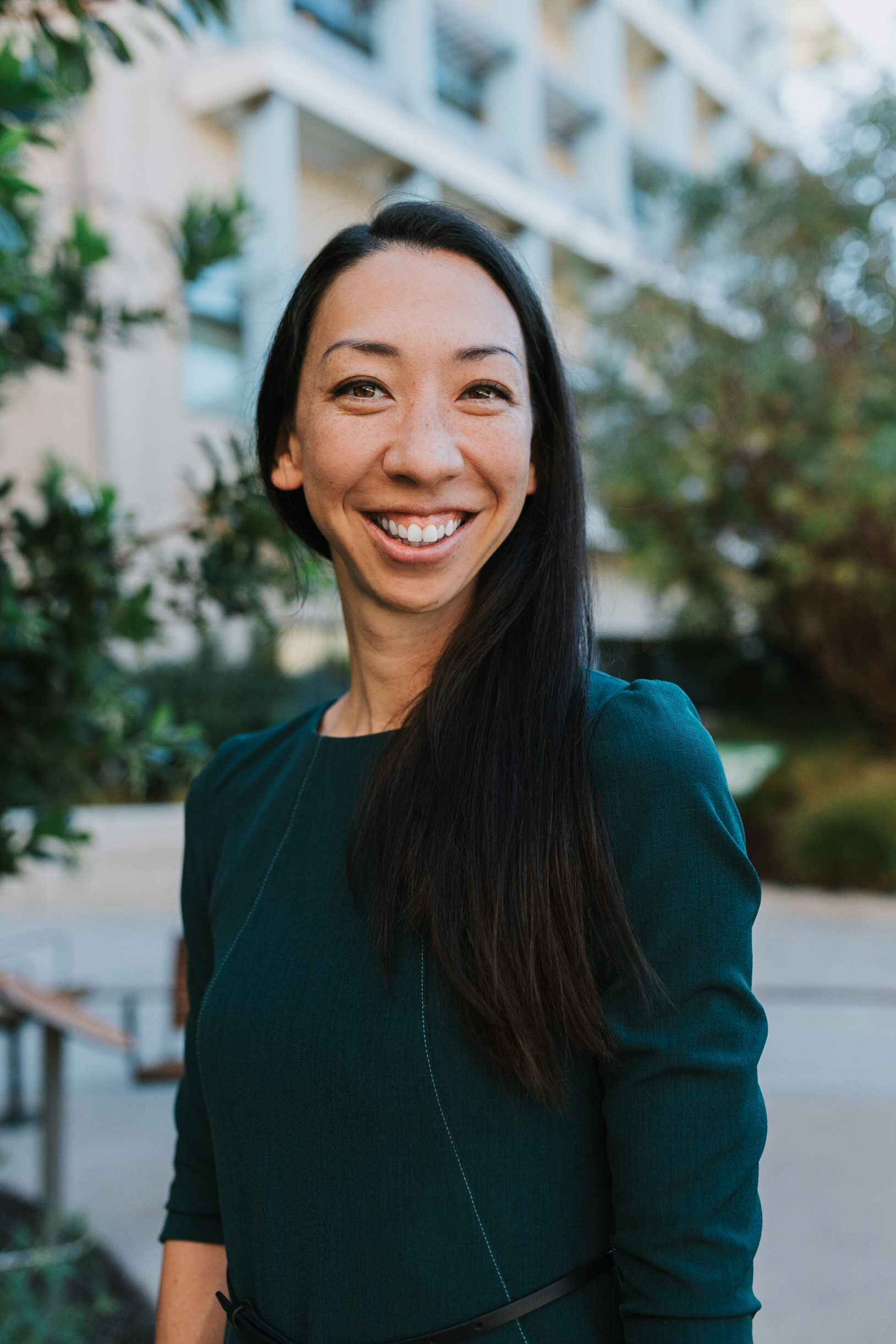
Associate Professor
Pediatrics
Stanford University
My career goal is to improve the health and lives of children with liver disease by making meaningful scientific contributions in the field of transplant hepatology that impact clinical care and improve outcomes for this patient population. I am an Associate Clinical Professor at Stanford University where I am the Director of Alagille Syndrome program and the Program Director for the Transplant Hepatology fellowship.
My clinical and research interests lie at the intersection of the heart and the liver, specifically for Fontan associated liver disease and indications for combined heart-liver transplantation and support of our growing international referral program for patients with Alagille syndrome and their complex heart and liver needs.
https://www.stanfordchildrens.org/en/service/alagille-syndrome
I am the recent recipient of the Alagille Syndrome Alliance Collaborative Scientific Research Grant [2022] for our novel protocol to decrease peri-procedural and intra-operative hemorrhage in children with Alagille Syndrome.
I most recently was honored to receive the American Association for the Study of Liver Diseases (AASLD) and an international award from the International Pediatric Transplant Association (IPTA) both recognizing my contributions as an early career investigator [2022].
Finally, I remain committed to eliminating health disparities for children with liver disease on both an institutional and national level and galvanizing pediatric subspecialists to engage in advocacy to assure equal care for all children. I am the founder of our Stanford GI advocacy group:
https://med.stanford.edu/gastroenterology/DiversityEquityInclusion/PedsGIAdvocacy.html
I additionally serve as the inaugural Director of Policy in the Office of Child Health Equity at Stanford University.
https://med.stanford.edu/childhealthequity/policy-participation.html
You can connect with me on social media: @NoelleEbelMD (Twitter)